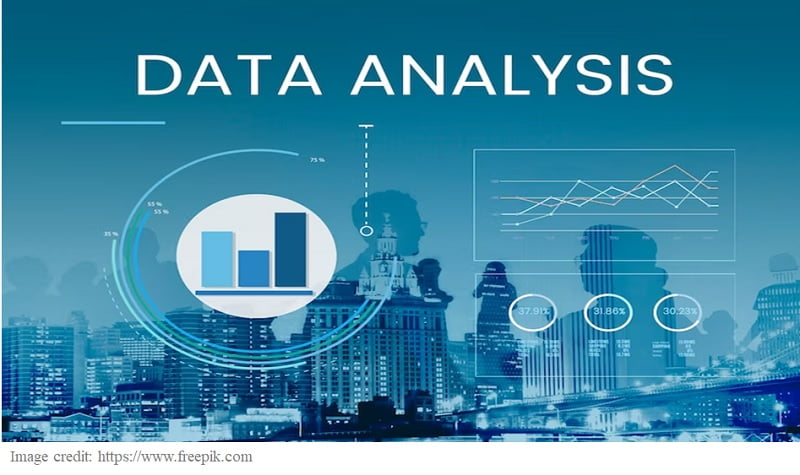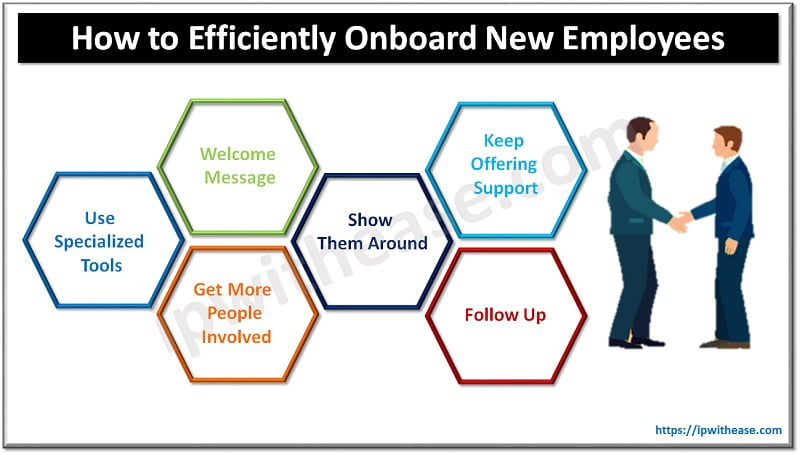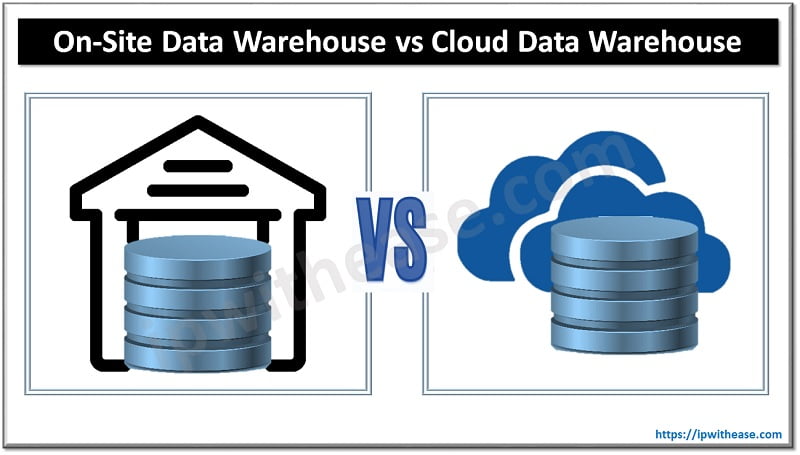Did you know that highly data-driven businesses are three times likelier to report significant gains in decision-making than those relying less on data?
Many businesses have large amounts of internal and external data. Despite this, their leaders continue to make decisions based on gut feeling, experience, or one-dimensional analysis.
Traditionally, analyzing data from disparate, disconnected systems has been time-consuming and challenging. Fortunately, there’s a solution to this; advanced analytics.
Advanced analytics, a next-generation business intelligence system, reveals patterns and prescribes actions to achieve a desired outcome. It is a way to use data to predict what will happen.
Because of this, you can make better decisions and perform tasks faster and better for your company as you aim to satisfy your customer. So, in this article, you will learn what advanced analytics is and why it is vital for your business.
What Is Advanced Analytics?

Advanced analytics involves leveraging data to make predictions about events and determine actions. Businesses utilize them to anticipate customer preferences, monitor competitor activities, and proactively address challenges. Because of this, it can potentially surpass your revenue goals (by 58%) than those who don’t use it.
Advanced analytics enables your business to gain insights, identify opportunities, avoid errors, and adapt to changes. This approach utilizes tools and techniques, including:
- Pattern recognition — identifying recurring trends or structures in data
- Machine learning — algorithms that learn from data and improve
- Data visualization — presenting data visually for easy understanding
- Natural language processing — understanding and processing human language
- Emotional analysis — assessing emotions from text or speech
- Clustering analysis through graphs and charts — grouping data based on similarities
- Gamification strategies — applying game elements to non-game contexts
- Rule-based decision-making — decisions based on predefined rules or conditions
What sets this type of analytics apart from other data utilization methods is its ability to go beyond reporting past or current events. However, leveraging this data requires a smart team of stakeholders like developers and statisticians with skills you may not possess. That’s why you need an advanced analytics solutions provider.
An advanced analytics service can empower your organization by offering insights into possibilities and recommending actions to drive improvements. Whether in banking, healthcare, retail, or any other industry, the benefits you’ll get from analytics for your businesses are manifold.
Why Is Advanced Analytics Important For Your Business
1. Personalizes Customer Experience

Many companies collect customer data through multiple channels, including physical retail, e-commerce, and social media. Businesses can gain insight into their customers and provide a more personalized experience by creating comprehensive customer profiles using data analytics.
Consider this scenario; you have an online and physical retail clothing business. By analyzing sales data and data from social media pages, your company could create marketing campaigns tailored to promote e-commerce sales for product categories that customers already like.
Moreover, your business can optimize the customer experience using behavioral analytics models. For instance, your company might run a predictive model to recommend products at checkout based on e-commerce transactions to increase sales.
2. Improves Business Security
Data security threats are a reality for all businesses. The use of data analytics in diagnosing past data breaches is possible by visualizing relevant data and processing it. For instance, Hexaware can analyze audit logs using data analytics to identify the cause and source of attacks.
The collected data can assist them in finding security gaps and patching them. The IT Departments can also prevent future attacks using statistical models. An attack often involves abnormal access behavior, especially load-based, such as a distributed denial-of-service attack (DDoS).
As a result of this type of setup, security professionals can spot and respond to anomalies as they arise in real-time. You can build monitoring and alerting systems on top of the model to allow it to run continuously.
3. Improves Operational Inefficiencies and Minimizes Risk

Data analysis can also enhance efficiency by utilizing insights. By examining customer data and feedback, businesses can identify recurring patterns that they can use to optimize their products and services. Organizations have the opportunity to streamline their operations, reduce costs or maximize profits through the implementation of data analytics.
By leveraging data analytics, companies can swiftly ascertain which operations yield the outcomes and pinpoint areas that require improvement. Consequently, as a decision-maker, you gain an improved ability to anticipate issues, mitigate risks, and enhance your strategies.
Predictive modeling is regarded as one of the sought-after skills in data science. This modeling technique effectively allows companies to plan investments or fundraising endeavors for for-profit organizations. Similarly, political candidates can utilize it to determine where to concentrate their canvassing efforts.
4. Identifying Challenges And Opportunities
Advanced Analytics can address problems that conventional business intelligence cannot. If it is concerned with business outcomes, it can recommend probability-based activities to improve them. Through analytics, enterprises can make more effective decisions based on their data and reduce uncertainty.
It is much easier for enterprises to make insightful decisions without the help of data scientists. As a result, it eliminates customer problems before they arise by transforming silos of data into rich clusters of information.
Advanced analytics enables stakeholders to uncover potential problems with a company’s trajectory or identify new opportunities, allowing them to change course quickly and achieve better results. Thus, your business will gain a unique competitive advantage and access to previously unseen trends that will propel them to a position of influence.
5. Better Customer Targeting With Business Analytics

A McKinsey & Company analysis has shown that utilizing data for marketing decisions can enhance marketing efficiency by 15% to 20%. One good case example is the retailer Target’s “pregnancy prediction score.”
Target uses customer purchasing data to offer coupons and special discounts. It will send to their email address based on the probability of pregnancy. The amount of data companies have available for analytical prediction can dramatically improve a customer’s brand experience.
You can activate buyer instincts and embed your brand into customers’ minds by examining your customers’ buying and surfing patterns and implementing the right tools to deliver reliable and valuable information.
Conclusion
Many businesses have an ever-growing mountain of data whose ultimate power lies in predicting the business’s best future course. But not everyone has the expertise and funds to use it to their advantage.
An advanced analytics solution could offer your business a competitive advantage. They have the expertise, experience, and technology to help you implement advanced analytics solutions that suit your business needs and goals.
Continue Reading:
Real-Time ETL vs Batch ETL: Types of Data Integration
What is Data Science? Life Cycle, Applications & Tools
ABOUT THE AUTHOR
IPwithease is aimed at sharing knowledge across varied domains like Network, Security, Virtualization, Software, Wireless, etc.



